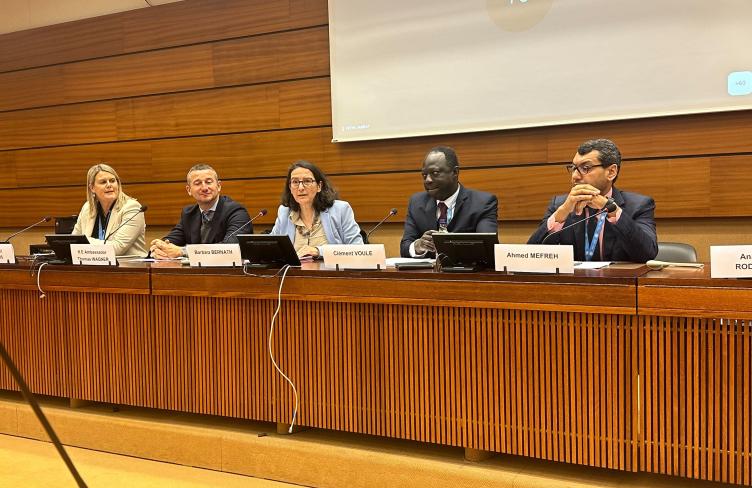
Malaysia is planning to develop a National Human Rights Action Plan. It is interesting that Malaysia, an ASEAN member state and a newly appointed member of the UN Security Council, is embarking on this effort during a period of intense debates around rights of minorities and of vulnerable groups.
We have learned that future consultation and engagement in the Action Plan will be undertaken within the “Malaysian mould” and be based on the recommendations that Malaysia accepted during its last Universal Periodic Review (UPR). The local civil society has rightfully argued that the Action Plan may not represent the actual human rights priorities of the country. The UPR process is more often than not influenced by a State’s foreign policy and multilateral strategies. For the new Action Plan to “cover the widest observance of human rights”, the priorities must be identified through an inclusive and transparent process and extend beyond Malaysia’s UPR commitments.
Experiences from neighbouring countries
Neighbouring countries such as Indonesia and Philippines developed their Action Plans in 1998 and 1996. The first phase of Indonesia’s Action Plan covers the period of 1998-2003 and sets forth four main thrusts; preparation for ratification of international treaties, dissemination of information and education on human rights, implementation of priority human rights issues and implementation of human rights treaties that has been ratified by Indonesia. The Action Plan has been instrumental in assisting Indonesia in recognizing torture and ill-treatment as a national priority, with target efforts such as criminalisation of torture and moving towards ratification of the Optional Protocol to the Convention against Torture.
The Philippines’ Action Plan focuses on promoting and protecting the rights of vulnerable groups such as women, children, youth, indigenous cultural communities, persons with disabilities, prisoners and detainees, and migrant workers. The Action Plan acknowledges human rights issues concerning each group and outlines actions to addressing them.
Through APT’s cooperation with the Philippines and Indonesia on torture prevention, we have seen the impressive level of human rights awareness and understanding among stakeholders and the civil society in both countries. Human rights are also, to a certain extent, institutionalised in governing policies and systems.
In addition to the history and socio-political context of these countries, I believe that the cultivation of a human rights culture has been further enhanced by the adoption and implementation of effective national human rights action plans. They have enabled Indonesia and the Philippines to frame national concerns and issues within the ambit of universal human rights principles, while acknowledging domestic gaps and needs for constructive solutions. Having said that, Malaysia is at a very interesting juncture, to benefit from the experiences of its neighbors, and develop its own Action Plan. The Action Plan has the potential to become an important and living document, entailing the government’s commitment, reflections and actions to address all human rights aspects affecting the Malaysian society. As the baton for ASEAN’s 2015 Chairpersonship has been passed to Malaysia, this development could also serve as an inspiration for other State members in the region.
